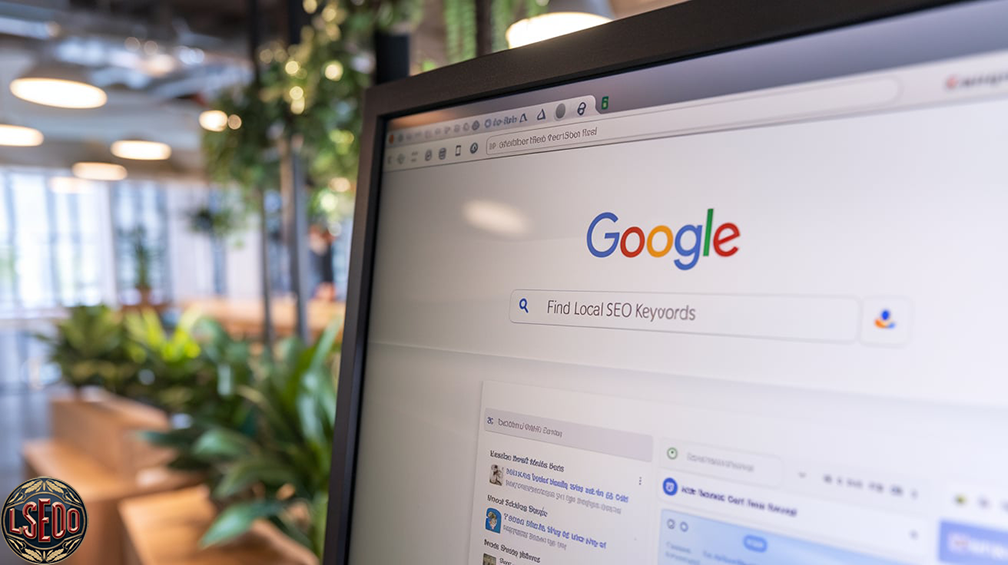Table of Contents

Local Search Behavior
- 46% of all Google searches have local intent.
- 98% of consumers used the internet to find information about local businesses in 2022, up from 90% in 2019.
- “Near me” searches have increased dramatically, with a 900% increase in searches containing “near me” or “close by” in the past two years.
- 80% of local searches convert.
Mobile Local Search
- 88% of people who conduct a local search on their phone visit a business within a week.
- 82% of smartphone users use a search engine when looking for a local business.
- 50% of mobile users who perform a local search visit a store within a day.
Local Keyword Trends
- There are over 5.9 million keywords related to “near me” in the U.S.
- “Where to buy” + “Near me” searches surged 200% between 2017 and 2019.
- Users rely on Google’s autocomplete suggestions 23% of the time for local searches.
Business Impact
- Local searches contribute 22.6% of website traffic for location based businesses.
- 28% of local searches result in a purchase within 24 hours.
- 40% of local SEO campaigns boast an ROI of 500% or more.
Mastering Local SEO Keywords: A Complete Guide to Driving Local Traffic
Looking to boost your local business visibility? The secret lies in finding and using the right local SEO keywords. Whether you’re running a brick and mortar store or providing local services, this guide will help you discover the keywords that bring customers to your doorstep. You can start with our Local Keyword Research Tool
1. Harness the Power of Google’s Built in Tools
Google’s search interface is a goldmine of keyword opportunities. Simply typing your primary service reveals valuable suggestions through:
- Autocomplete suggestions
- “People Also Ask” sections
These features reveal exactly what your potential customers are searching for in real time. For instance, a Manchester based dentist might discover valuable terms like “emergency dental care Manchester” or “affordable dentist Manchester city center.”
2. Mine Your Google Business Profile Data
Your Google Business Profile (GBP) Insights section is a treasure trove of keyword data, offering two crucial types of searches:
- Direct Searches: People looking specifically for your business
- Discovery Searches: Potential customers seeking services like yours
This data shows you exactly what terms are already working for your business, providing a foundation for your keyword strategy.
🔍 Insider Tip: New to local keyword research? Check out this tool on local keyword research for specialized insights.
3. Learn from Your Competition
Why start from scratch when you can learn from successful competitors? Analyze their:
- Google Business Profile listings
- Website content
- Organic rankings
Using tools like Ahrefs or SEMrush can reveal gaps in their keyword strategy that you can capitalize on. For example, if competing salons aren’t targeting “organic hair coloring [your city],” that’s your opportunity to shine.
4. Master Local Keyword Modifiers
Effective local SEO relies on strategic keyword modification. Include variations like:
- Service + Location (“coffee shop Birmingham”)
- Service + Near Me (“24/7 coffee shop near me”)
- Service + District/Postal Code (“coffee shop B1”)
These modifications help capture highly targeted local traffic with strong purchase intent.
5. Stay Current with Google Trends
Timing matters in local SEO. Google Trends helps you:
- Identify seasonal keyword opportunities
- Spot emerging local trends
- Align content with local events
Example: A Brighton ice cream shop might discover peak searches for “gelato Brighton beach” during summer months.
6. Leverage Professional SEO Tools
The right tools can transform your keyword research from guesswork to strategy:
- Moz Local: Perfect for location specific keyword analysis
- BrightLocal: Excellent for review monitoring and citation tracking
- SEMrush: Powerful for local keyword volume data
Need help getting started? Explore Local SEO Optimization’s local SEO checker tools here for a streamlined approach.
7. Optimize for “Near Me” Searches
“Near me” searches represent immediate purchase intent. Capture these valuable searches by:
- Optimizing your GBP listing
- Including proximity based keywords
- Maintaining accurate location data
For detailed GBP optimization strategies, visit this page for more on Google Business Profile optimisation.
Common Questions About Local SEO
Q: How frequently should I update my keyword strategy? A: Review and refresh your keywords quarterly, with special attention to seasonal trends and changing search patterns.
Q: Is a website necessary for local SEO success? A: While you can achieve some success with just a GBP listing, a website significantly amplifies your local SEO potential. Learn more about doing local SEO without a website.
Q: What makes a good “near me” optimization strategy? A: Success comes from accurate business information, consistent NAP (Name, Address, Phone) details across platforms, and authentic local reviews.
Take Action Today
Local SEO isn’t just about being found online it’s about connecting with customers in your community. By implementing these keyword strategies, you’ll build a stronger local presence and attract more qualified leads to your business.
Remember: The best time to optimize your local SEO is now. Your future customers are already searching make sure they find you first.
